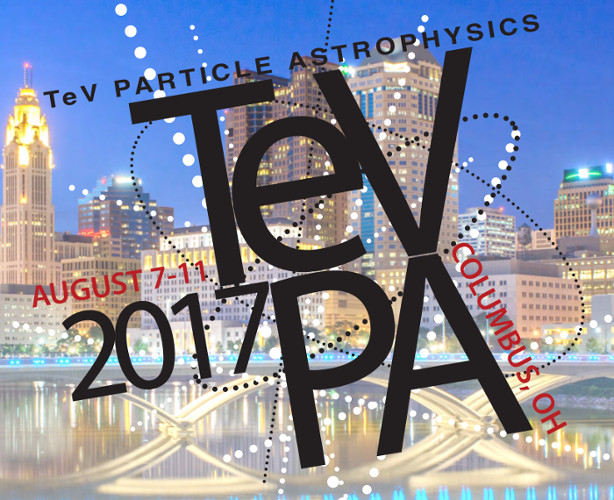Speaker
Description
In this talk we discuss the sensitivity of probing light bosons in the Borexino-SOX experiment, and the possibility of detecting heavy leptons in the SHiP and DUNE experiments.
Bringing an external radioactive source close to a large underground detector can significantly advance sensitivity not only to sterile neutrinos but also to "dark" gauge bosons and scalars. Here we address in detail the sensitivity reach of the Borexino-SOX configuration, which will see a powerful (a few PBq) 144Ce−144Pr source installed next to the Borexino detector, to light scalar particles coupled to the SM fermions. The mass reach of this configuration is limited by the energy release in the radioactive γγ-cascade, which in this particular case is 2.2 MeV. Within that reach one year of operations will achieve an unprecedented sensitivity to coupling constants of such scalars, reaching down to g∼10^{−7} levels and probing significant parts of parameter space not excluded by either beam dump constraints or astrophysical bounds. Should the current proton charge radius discrepancy be caused by the exchange of a MeV-mass scalar, then the simplest models will be decisively probed in this setup. We also update the beam dump constraints on light scalars and vectors, and in particular rule out dark photons with mass below 1 MeV, and couplings constants ϵ≥10^{−5}.
We then move on to briefly discuss the possibility of utilizing SHiP and DUNE experiments to probe long-lived heavy leptons.
I am also submitting an abstract to the track "Dark Matter".
